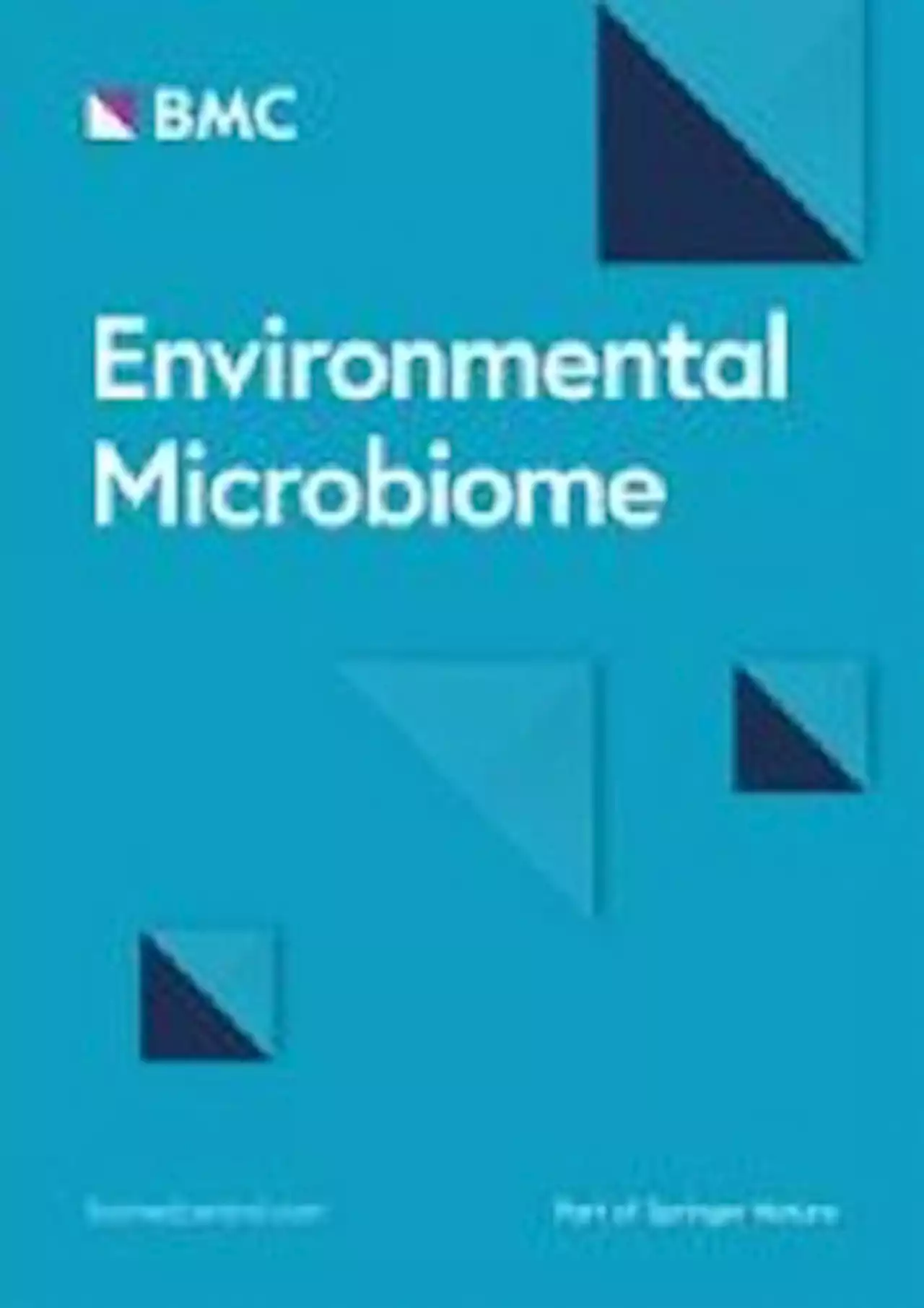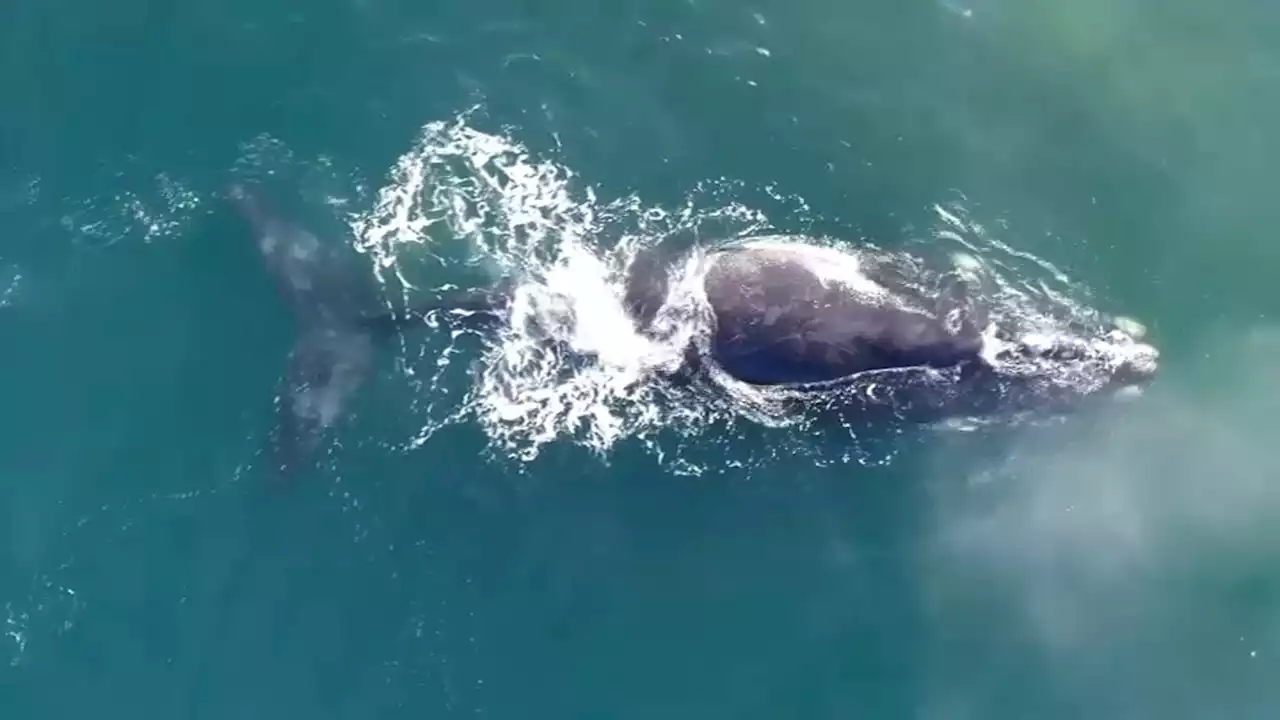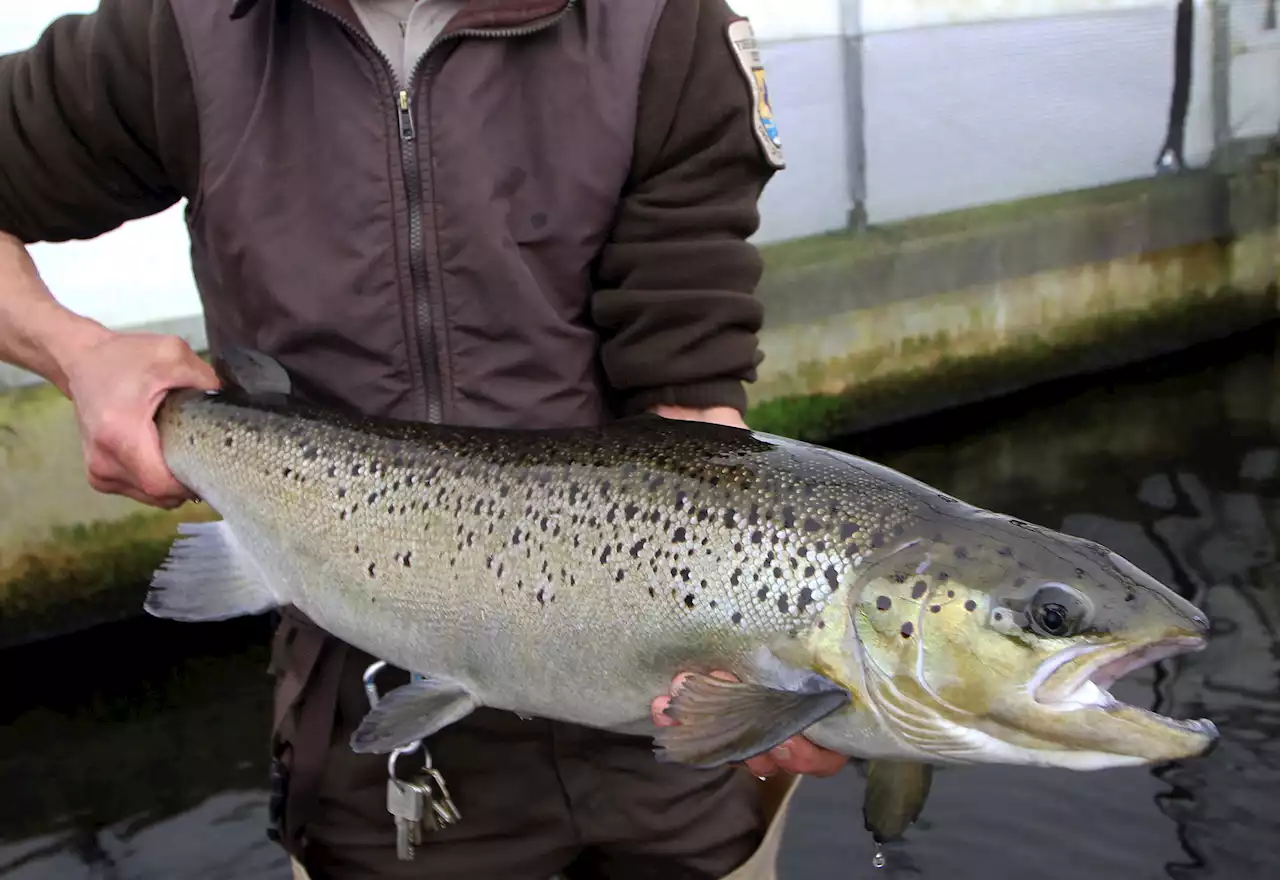Environmental groups and a Native American tribe accused the operator of a Maine dam on Monday of not fulfilling its obligation to protect the country’s last remaining Atlantic salmon river run.
The last wild Atlantic salmon live in a group of rivers in Maine and have been listed under the Endangered Species Act since 2000. The Penobscot River, a 109-mile river in the eastern part of the state is one of the most important habitats for the fish.
The Penobscot is also the site of the Milford Dam, which is owned by renewable energy giant Brookfield Renewable. The company is required under the Endangered Species Act to maintain fish passages that allow 95% of adult salmon to pass the dam within 48 hours. According to the Natural Resources Council of Maine, Atlantic Salmon Federation and Penobscot Indian Nation, documents obtained using the Maine Freedom of Access Act show that Brookfield isn’t living up to that obligation and that data compiled by the Maine Department of Marine Resources last fall show that only about 21% of salmon pass the dam in the required timeframe.Sign up for NECN newsletters.
The groups contend that the problems at the dam are longstanding and that the data illustrate that Brookfield isn’t doing enough to fix them. “We need to see some action here because this problem has been festering for too long,” said Nick Bennett, a staff scientist with the Natural Resources Council of Maine.
United States Latest News, United States Headlines
Similar News:You can also read news stories similar to this one that we have collected from other news sources.
 Man Dead After Single Car Crash in Wells, MaineOne man is dead after a single vehicle crash in Wells, Maine on Sunday morning. According to police, the man was driving 2008 Buick Lacrosse on the Maine Turnpike in Wells at around 8 a.m. when he veered into the woods and struck a tree. Police say the man was identified as 22-year-old Kevin P. Mahoney of Dracut, Massachusetts. Mahoney…
Man Dead After Single Car Crash in Wells, MaineOne man is dead after a single vehicle crash in Wells, Maine on Sunday morning. According to police, the man was driving 2008 Buick Lacrosse on the Maine Turnpike in Wells at around 8 a.m. when he veered into the woods and struck a tree. Police say the man was identified as 22-year-old Kevin P. Mahoney of Dracut, Massachusetts. Mahoney…
Read more »
The environmental cost of single-use vapes\n\t\t\tKeep abreast of significant corporate, financial and political developments around the world.\n\t\t\tStay informed and spot emerging risks and opportunities with independent global reporting, expert\n\t\t\tcommentary and analysis you can trust.\n\t\t
Read more »
 Nozzle material determined cause of failed satellite launchArianespace Vega-C rocket failure sent two Airbus satellites into the Atlantic Ocean
Nozzle material determined cause of failed satellite launchArianespace Vega-C rocket failure sent two Airbus satellites into the Atlantic Ocean
Read more »
 How slimmed-down websites can cut their carbon emissionsBusinesses are discovering tweaks that can dramatically reduce the environmental impact of their websites.
How slimmed-down websites can cut their carbon emissionsBusinesses are discovering tweaks that can dramatically reduce the environmental impact of their websites.
Read more »
 New microbiological insights from the Bowland shale highlight heterogeneity of the hydraulically fractured shale microbiome - Environmental MicrobiomeBackground Hydraulically fractured shales offer a window into the deep biosphere, where hydraulic fracturing creates new microbial ecosystems kilometers beneath the surface of the Earth. Studying the microbial communities from flowback fluids that are assumed to inhabit these environments provides insights into their ecophysiology, and in particular their ability to survive in these extreme environments as well as their influence on site operation e.g. via problematic biofouling processes and/or biocorrosion. Over the past decade, research on fractured shale microbiology has focused on wells in North America, with a few additional reported studies conducted in China. To extend the knowledge in this area, we characterized the geochemistry and microbial ecology of two exploratory shale gas wells in the Bowland Shale, UK. We then employed a meta-analysis approach to compare geochemical and 16S rRNA gene sequencing data from our study site with previously published research from geographically distinct formations spanning China, Canada and the USA. Results Our findings revealed that fluids recovered from exploratory wells in the Bowland are characterized by moderate salinity and high microbial diversity. The microbial community was dominated by lineages known to degrade hydrocarbons, including members of Shewanellaceae, Marinobacteraceae, Halomonadaceae and Pseudomonadaceae. Moreover, UK fractured shale communities lacked the usually dominant Halanaerobium lineages. From our meta-analysis, we infer that chloride concentrations play a dominant role in controlling microbial community composition. Spatio-temporal trends were also apparent, with different shale formations giving rise to communities of distinct diversity and composition. Conclusions These findings highlight an unexpected level of compositional heterogeneity across fractured shale formations, which is not only relevant to inform management practices but also provides insight into the ability of diverse microb
New microbiological insights from the Bowland shale highlight heterogeneity of the hydraulically fractured shale microbiome - Environmental MicrobiomeBackground Hydraulically fractured shales offer a window into the deep biosphere, where hydraulic fracturing creates new microbial ecosystems kilometers beneath the surface of the Earth. Studying the microbial communities from flowback fluids that are assumed to inhabit these environments provides insights into their ecophysiology, and in particular their ability to survive in these extreme environments as well as their influence on site operation e.g. via problematic biofouling processes and/or biocorrosion. Over the past decade, research on fractured shale microbiology has focused on wells in North America, with a few additional reported studies conducted in China. To extend the knowledge in this area, we characterized the geochemistry and microbial ecology of two exploratory shale gas wells in the Bowland Shale, UK. We then employed a meta-analysis approach to compare geochemical and 16S rRNA gene sequencing data from our study site with previously published research from geographically distinct formations spanning China, Canada and the USA. Results Our findings revealed that fluids recovered from exploratory wells in the Bowland are characterized by moderate salinity and high microbial diversity. The microbial community was dominated by lineages known to degrade hydrocarbons, including members of Shewanellaceae, Marinobacteraceae, Halomonadaceae and Pseudomonadaceae. Moreover, UK fractured shale communities lacked the usually dominant Halanaerobium lineages. From our meta-analysis, we infer that chloride concentrations play a dominant role in controlling microbial community composition. Spatio-temporal trends were also apparent, with different shale formations giving rise to communities of distinct diversity and composition. Conclusions These findings highlight an unexpected level of compositional heterogeneity across fractured shale formations, which is not only relevant to inform management practices but also provides insight into the ability of diverse microb
Read more »
 Cape Cod Canal Closed as Endangered Right Whales Move ThroughThe U.S. Coast Guard announced Sunday that the Cape Cod Canal is closed to all vessel traffic until at least Monday morning due to the presence of three endangered right whales in the waterway.
Cape Cod Canal Closed as Endangered Right Whales Move ThroughThe U.S. Coast Guard announced Sunday that the Cape Cod Canal is closed to all vessel traffic until at least Monday morning due to the presence of three endangered right whales in the waterway.
Read more »
